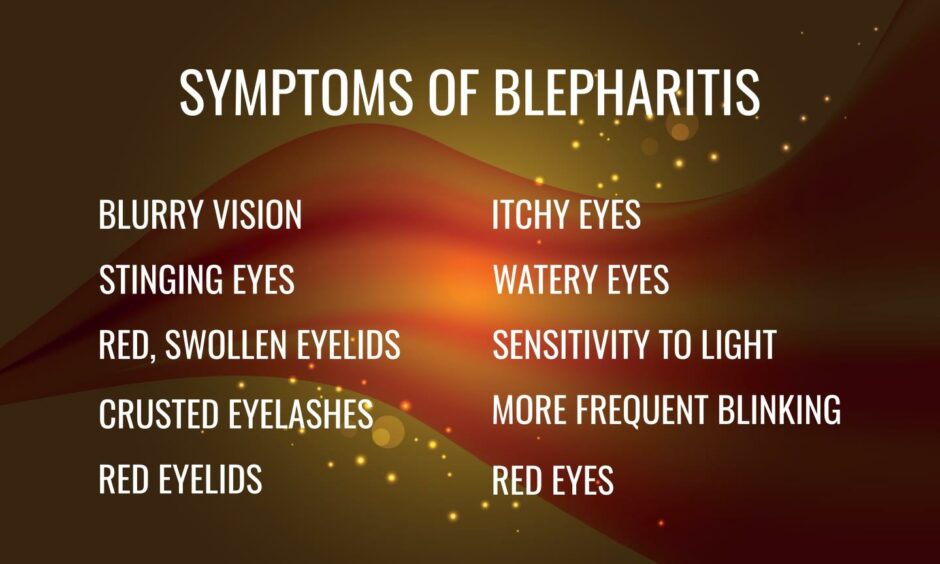Many of us have been spending more time than ever glued to a screen during the pandemic.
Office staff shifted to remote working at home and we’ve become more reliant on using digital devices to relax in our spare time.
But health experts have warned that our new way of living could be harmful for our eyes because they’re not getting much respite from screens.
Pharmacist Sultan Dajani has spoken about the risks of strained eyes and other conditions and how it’s best to treat them.
‘Blinking less can be a big problem for eyes’
“According to a recent study, 93.6% of people increased their digital device time after lockdown was put in place, equating to an average increase of 4.8 hours a day,” he said.
“Sitting in front of a screen all day, focusing our eyes on one place, may cause us to blink less often.
“This can present a big problem for the eyes as blinking is essential to spread tears over the ocular surface.
“If this isn’t happening at the required rate, the tear film can evaporate, which can irritate the cells lining the cornea, leading to inflammation and discomfort.”
What eye conditions can you get?
Looking at a computer screen for too long can lead to strained eyes causing blurred vision, dry eye, headaches or itchiness.
The blue light from a screen also suppresses melatonin, a natural hormone that helps control your sleep cycle.
This can result in a poorer quality of sleep which can affect how well our body’s immune system is able to fight off infections such as blepharitis.
What is blepharitis?
Blepharitis is one of the most common eye infections which causes the inflammation of your eyelids.
It usually affects both eyes but can sometimes be worse in one.
There are two types of blepharitis, one affects the base of the eyelid and the other leads to the inflammation of meibomian glands, which help to produce tears.
If left untreated it can lead to serious conditions such as corneal problems and can also cause scarring on the eyelids.
Pharmacist Sultan Dajani said the condition is estimated to account for around 5% of eye-health related GP visits.
Fighting inflammation with food
There are some foods you can try which can help alleviate irritated skin and eyes.
First of all check that you’re not sensitive to common allergens such as dairy, eggs, soy, gluten, nuts or shellfish in case they’re a trigger.
Foods containing trans fats, such as shop-bought cakes, margarine and processed foods, and those high in sugar, such as sweets, soft drinks and desserts can cause inflammation in the body.
However, there are also some foods that can help balance the body’s inflammatory response mechanism containing omega-3 such as salmon, mackerel and trout.
Quercetin, a natural chemical found in plants like spinach, broccoli, apples and blueberries, is an antihistamine and antioxidant, which may help bring the inflammatory response under control.
Sultan also highlights that probiotic foods such as natural yoghurt, kefir and kombucha can also help improve your immune system.
How to treat eye infections
One of the most effective things you can do to alleviate the symptoms is to keep your eyes clean.
Place a clean face cloth or cotton wool on your eye for 10 minutes and gently massage for about 30 seconds.
Using a small amount of baby shampoo can also help. Eye drops from brands such as Golden Eye can help stop bacteria spreading and relieve your symptoms.
Read more health news…
Everything you need to know about styes and how to treat them
Thousands of patients waiting longer for hospital eye appointments



